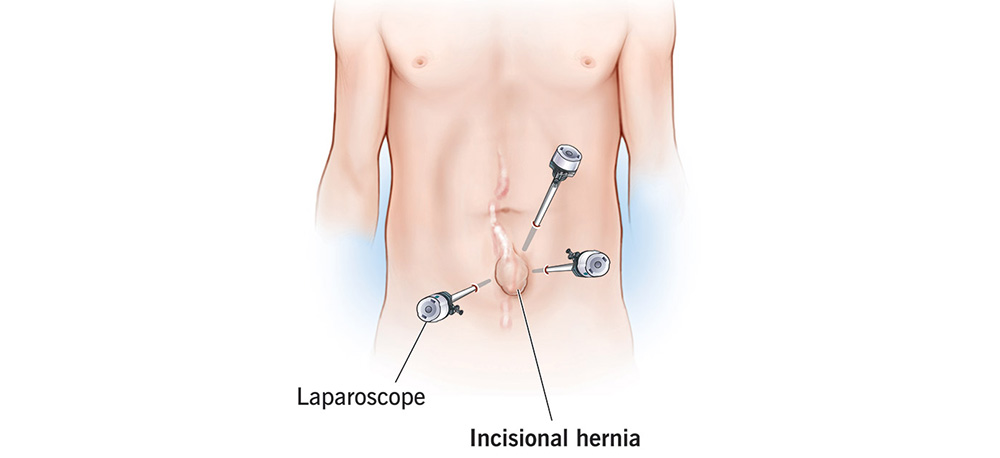Other Procedures
Overview AND Procedure
Abdominal Wall and Inguinal Hernia Surgery

Abdominal wall and inguinal hernia surgery is performed to correct hernias—protrusions of internal organs or tissues through weakened spots in the abdominal muscles. Inguinal hernias specifically occur in the groin area and are more common in men.
How the Procedure Works:
Surgical Techniques:
Preparation: Patients are advised to fast for several hours before the surgery.
Anesthesia: General anesthesia or local anesthesia with sedation is administered for comfort.
Surgical Access:
Open Surgery: A larger incision is made over the hernia site to repair the defect.
Laparoscopic Surgery: Several small incisions are made, and a laparoscope is used to visualize the hernia. Surgeons use specialized instruments to repair the hernia from within.
- Repairing the Hernia: The protruding tissue is pushed back into place, and the weakened area is reinforced using mesh or sutures.
- Completion: The incisions are closed with stitches or surgical glue, and patients are monitored during recovery.
Advantages
Effective Repair: Surgery effectively restores the normal anatomy and relieves symptoms such as pain and discomfort.
Minimally Invasive Options: Laparoscopic techniques result in reduced recovery times and less postoperative pain compared to open surgery.
Low Recurrence Rate: Surgical hernia repair has a low recurrence rate, especially with mesh reinforcement.
Improved Quality of Life: Relief from symptoms often leads to improved physical activity and overall quality of life.
Possible Risks/Cons
Surgical Risks: Potential complications include infection, bleeding, and adverse reactions to anesthesia.
Chronic Pain: Some patients may experience persistent pain at the surgical site, known as post-herniorrhaphy pain syndrome.
Hernia Recurrence: There is a possibility the hernia may return, particularly if not properly repaired and the patient lifestyle.
Damage to Surrounding Structures: Injury to nerves, blood vessels, or other organs may occur during surgery.
Are You a Candidate?
You may be a suitable candidate for abdominal wall or inguinal hernia surgery if you have:
A diagnosed abdominal wall or inguinal hernia that is symptomatic, causing pain or discomfort.
Complications such as incarceration (when herniated tissue becomes trapped) or strangulation (when blood supply to the herniated tissue is compromised).
A healthcare provider’s recommendation for surgery based on your medical history and physical examination.
Abdominal wall and inguinal hernia surgery is a common and effective procedure to correct hernias and improve quality of life. Consultation with a healthcare provider is essential to determine the necessity of surgery, understand the potential risks, and develop an appropriate treatment plan.

Get more information about our weight loss surgery packages.
Request a Free Quote

Your path to a healthier life begins here. Trust in us to support you as you take these empowering steps towards your health and happiness.
Our Procedures
Contact Us
- Plaza 307 Paseo Colón 1622 suite 1, Col. Madero C.P. 88270 Nuevo Laredo, Tamps.
- ceballosdoctors@gmail.com
- +52 867 117 1998